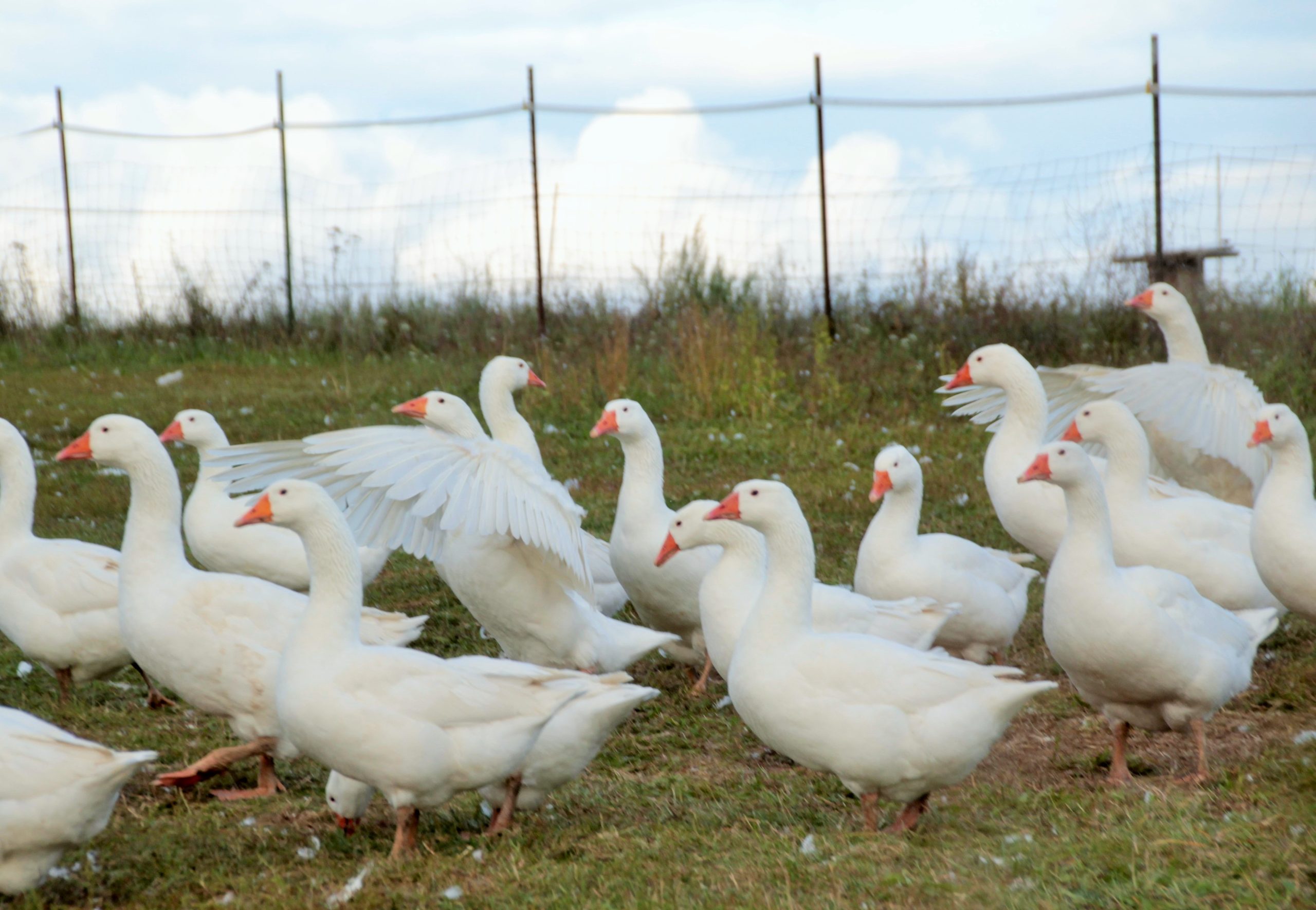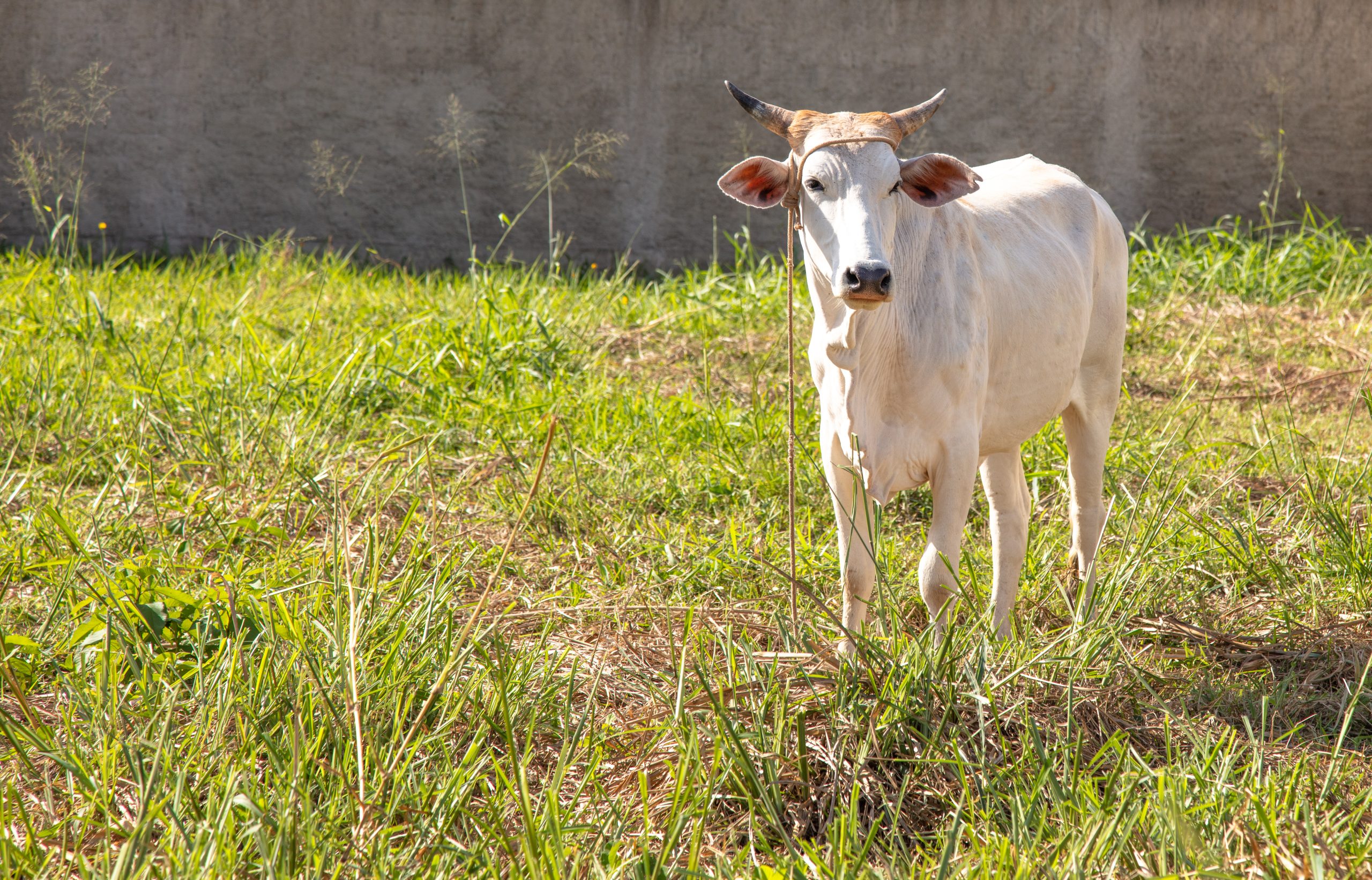Crafting the Perfect Organic Chicken Feed: Formulas, Ingredients, and Nutritional Considerations
Crafting the Perfect Organic Chicken Feed: Formulas, Ingredients, and Nutritional Considerations
In the realm of organic chicken farming, one of the most critical factors influencing the health, productivity, and overall well-being of poultry is their diet. Organic chicken feed serves as the cornerstone of a balanced and nutritious diet, providing essential nutrients, vitamins, and minerals necessary for optimal growth, egg production, and overall vitality. In this comprehensive guide, we’ll delve into the intricacies of crafting the perfect organic chicken feed, exploring formulas, ingredients, and nutritional considerations essential for supporting healthy and thriving organic poultry flocks.
Understanding Organic Chicken Feed Formulas
Organic chicken feed formulas are carefully crafted to meet the specific nutritional requirements of chickens at different stages of life, from chicks to layers to broilers. These formulas typically consist of a blend of grains, proteins, vitamins, and minerals designed to provide a balanced and complete diet for poultry. Organic chicken feed formulas are tailored to the unique needs of each production phase, ensuring that chickens receive the necessary nutrients to support growth, development, and production.
- Starter Feed
Starter feed is specifically formulated to meet the nutritional requirements of newly hatched chicks during their first few weeks of life. This feed is high in protein and energy to support rapid growth and development. Common ingredients in starter feed include organic grains such as corn, soybeans, and wheat, as well as protein sources like fish meal, soybean meal, and dried whey. Starter feed may also contain vitamins, minerals, and probiotics to support immune function and digestive health in young chicks.
- Grower Feed
Grower feed is intended for juvenile chickens as they transition from the starter phase to the laying or broiler phase. This feed provides a balanced blend of protein, carbohydrates, and essential nutrients to support steady growth and muscle development. Ingredients commonly found in grower feed include organic grains such as barley, oats, and millet, as well as protein sources like sunflower seeds, alfalfa meal, and peas. Grower feed may also contain supplemental vitamins and minerals to promote bone health and overall vitality in growing chickens.
- Layer Feed
Layer feed is formulated for mature hens engaged in egg-laying production. This feed is high in calcium and protein to support eggshell formation and overall reproductive health. Key ingredients in layer feed include organic grains such as corn, sorghum, and flaxseed, as well as protein sources like soybean meal, canola meal, and alfalfa pellets. Layer feed may also contain added calcium, phosphorus, and vitamin D3 to ensure adequate nutrition for egg production and shell quality.
- Broiler Feed
Broiler feed is designed for chickens raised for meat production, also known as broilers. This feed is formulated to promote rapid growth, efficient feed conversion, and high meat yields. Common ingredients in broiler feed include organic grains such as barley, rye, and triticale, as well as protein sources like peas, lentils, and dried distillers grains. Broiler feed may also contain added amino acids, vitamins, and minerals to support muscle development and overall health in meat chickens.
Key Ingredients in Organic Chicken Feed
Organic chicken feed is made from a variety of natural and organic ingredients, each contributing essential nutrients and benefits to the diet of poultry. Some of the key ingredients commonly found in organic chicken feed include:
- Organic Grains: Corn, soybeans, wheat, barley, oats, and millet are staple grains in organic chicken feed, providing carbohydrates, energy, and essential nutrients.
- Protein Sources: Soybean meal, fish meal, sunflower seeds, alfalfa meal, and peas are primary protein sources in organic chicken feed, supplying amino acids necessary for muscle growth and development.
- Calcium Sources: Limestone, oyster shell, and clam shell are commonly added to layer feed to provide calcium for eggshell formation and bone health.
- Omega-3 Fatty Acids: Flaxseed, chia seeds, and fish oil are rich sources of omega-3 fatty acids, which contribute to heart health and egg quality in laying hens.
- Vitamins and Minerals: Organic chicken feed may contain added vitamins and minerals such as vitamin A, vitamin D3, vitamin E, riboflavin, niacin, calcium, phosphorus, and selenium to ensure balanced nutrition and overall health in poultry.
Nutritional Considerations in Organic Chicken Feed
When formulating organic chicken feed, it’s essential to consider the specific nutritional requirements of poultry at different stages of life and production. Some key nutritional considerations to keep in mind include:
- Protein Content: Protein is essential for muscle growth, egg production, and overall health in chickens. Ensure that organic chicken feed contains adequate levels of protein to meet the needs of poultry at each stage of life.
- Energy Density: Organic chicken feed should provide sufficient energy to support metabolic functions, growth, and production. Balance the energy density of feed with the protein content to optimize performance and efficiency in poultry.
- Vitamin and Mineral Supplementation: Organic chicken feed may require supplementation with vitamins and minerals to ensure balanced nutrition and prevent deficiencies. Consider the specific requirements of poultry species and adjust feed formulations accordingly.
- Calcium and Phosphorus Ratios: Maintaining the proper balance of calcium and phosphorus is crucial for bone health, eggshell formation, and overall skeletal development in chickens. Ensure that layer feed contains the appropriate ratio of calcium to phosphorus to support optimal egg production and shell quality.
- Omega-3 Fatty Acids: Including sources of omega-3 fatty acids in organic chicken feed can improve heart health, egg quality, and overall vitality in poultry. Consider adding flaxseed, chia seeds, or fish oil to feed formulations to enhance omega-3 levels.
Conclusion: Crafting Nutritious and Balanced Organic Chicken Feed
In conclusion, crafting the perfect organic chicken feed requires careful consideration of formulas, ingredients, and nutritional considerations to meet the specific needs of poultry at each stage of life and production. By selecting high-quality organic grains, protein sources, vitamins, and minerals, organic chicken farmers can ensure that their flocks receive a balanced and nutritious diet that supports growth, health, and productivity. With proper feed management and attention to nutritional requirements, organic poultry farmers can raise healthy, thriving chickens while promoting sustainability, animal welfare, and environmental stewardship in the organic farming industry.
Previous Article
Cracking the Shell: The Economics of Organic Chicken Egg FarmingChicken Farming
November 23, 2024


























































